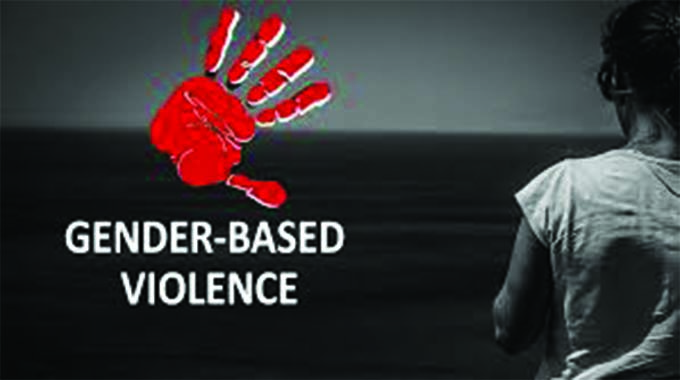
The Sunday News

Fortunate Muzarabani
For decades, a vast tract of arable land in Mtshabezi, Matabeleland South Province has been lying idle without much use. However, the area is fast transforming into a green belt with farmers having put 45 hactares under wheat at the recently rehabilitated Mtshabezi Irrigation scheme.
For women, this milestone is celebrated as the greenbelt will bring more than food and sustenance to their families.
For Nomasiko Gwebu (49), the scheme will bring a sense of purpose and will help address the root causes of gender based violence in her community.
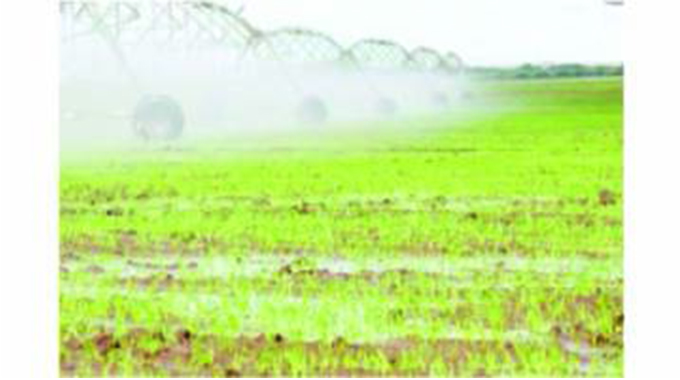
Mtshabezi Irrigation
As a former village development coordinator, she understands the amount of pressure that food poverty exerts in families and how this often leads to violence in the home, especially following prolonged Covid-19 lockdowns that left many people without their sources of livelihoods.
“This is the best thing to happen to our community in a long time and we thank the government and the organisations that work with government for this. This presents us, especially women, an opportunity to work together as a community and with this wheat we are growing, I am certain that soon we will be able to set up a bakery and supply local shops,” she said.
One of the fundamental resources that is essential for the development and sustenance of people in Zimbabwe is land as it forms the basis of agricultural production.
Sadly, it has been previously difficult for women to access land due to multiple issues most of which are embedded on patriarchy as a system which breeds gender inequality.
However, to mitigate this, Government has developed the Gender Sensitive Land Policy in partnership with the Food and Agriculture Organisation (FAO) in Zimbabwe.
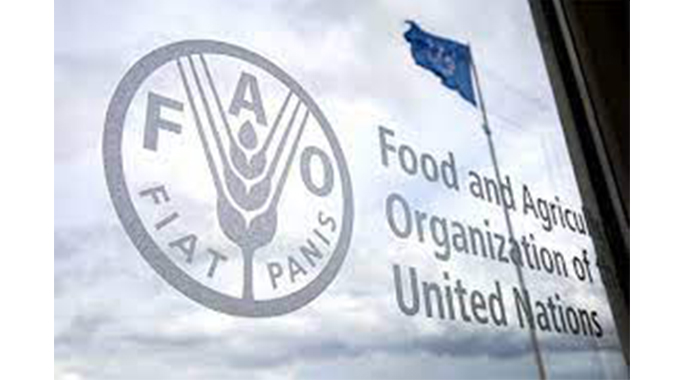
Speaking to Sunday News in Bulawayo last Tuesday, the Minister of Small to Medium Enterprises, Dr Sithembiso Nyoni, said access to agricultural land empowered women and allowed them to make meaningful contributions to their homes and their family livelihoods, which she said helped to mitigate some of the key sources and causes of gender based violence, which are often rooted in poverty.
“It has been proven that any nation that takes care of their women and also prevents gender based violence, their GDP goes up. When a woman is beaten, abused, is violated physically and psychologically she has suffered, so her productivity goes down. So, it is very true that when you support women, the economy goes up and gender based violence goes down.
“This is because women will be happy, they will come to a family where there is no want. A lot of GBV is caused by want, poverty and conflict over small issues which could be discussed and solved by economically empowered people. We have found that those women who are economically empowered are able to make a contribution to the family as they feel that women are not a burden,” said the minister.
According to the World Health Organization (WHO), 35% of women in the world and 45% of women in Africa have experienced GBV in their lifetime, though it is also known that cases are drastically underreported.
It has also been proven that addressing poverty and economically empowering women has hlped to significantly lower incidences of gender based violence globally, which is often rooted in economic issues.
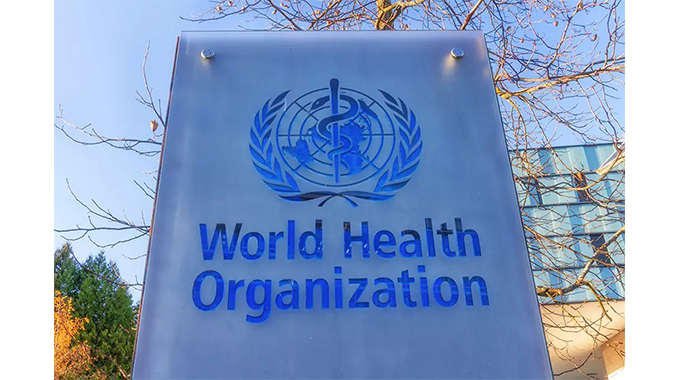
World Health Organisation (WHO)
The on-going rehabilitation of Makwe Irrigation Scheme in Gwanda has brought hope to the communities who are set to benefit from the agricultural boost in the area.
The rehabilitation works are being done under the Government-led Smallholder Irrigation Revitalisation Programme (SIRP) with a budget of about US$1 million.
The scope of works includes installing new pumps, repairing and servicing old ones, repairing the conveyance canal, replacing damaged pipes, installing a centre pivot, replacing infill canals with underground pipes and replacing electric motors, among others.
The scheme with about 190 registered members, is set to contribute significantly to food and nutrition security in the province.
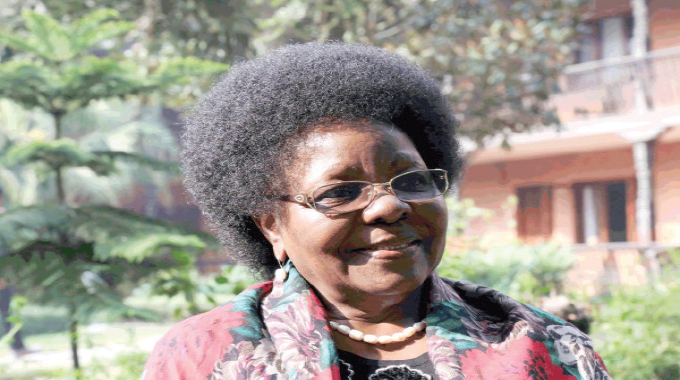
Dr Sithembiso Nyoni
Makwe Irrigation Scheme member, Ms Nothando Ncube, said it was a relief that production will soon resume at the scheme and said she was looking forward to use agriculture to change her family’s fortunes.
“This irrigation scheme is going to change our lives as women and it will renew our purpose in life. It has come at the right time when our community is recovering from the effects of Covid-19, so we are looking forward to wonderful times as we plan to put 200 hectares under maize,” she said.
Small-scale rural irrigation schemes have the capacity to significantly transform the lives of rural farmers through earning increased reliable income from farming if institutional and capacity issues of the farmers are addressed. Furthermore, rural irrigation schemes can also be a panacea to food security challenges mainly faced by rural households, as a fortress and antidote to the effects of climate change.
Female traditional leaders are also pushing for the inclusion of women in agricultural spaces to ensure that poverty, the main cause of gender based violence is addressed.
Speaking to Sunday News recently, Chief Ndube of Insiza said she was happy with the works that government was doing in her community in rehabilitating irrigation schemes and ensuring that women were involved in ensuring better livelihoods for families.
“As a leader, I am very happy when women in my community are empowered. Rain-fed agriculture is becoming increasingly unreliable so we have to ensure that women are included in irrigation schemes as it greatly helps in securing food for families and in the empowerment of these women because, even with poor rains, they will know that communities will be able to get something from irrigations,” she said.
The story is published with support from the Voluntary Media Council of Zimbawe (VMCZ) and the Embassy of Canada in Zimbabwe under the Investigative Journalism Fund Programme.



